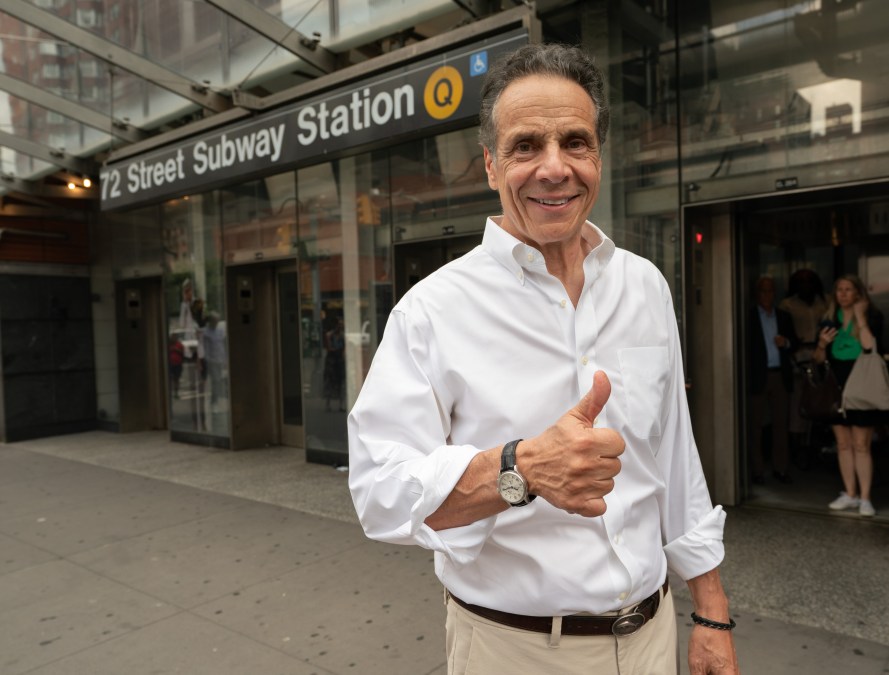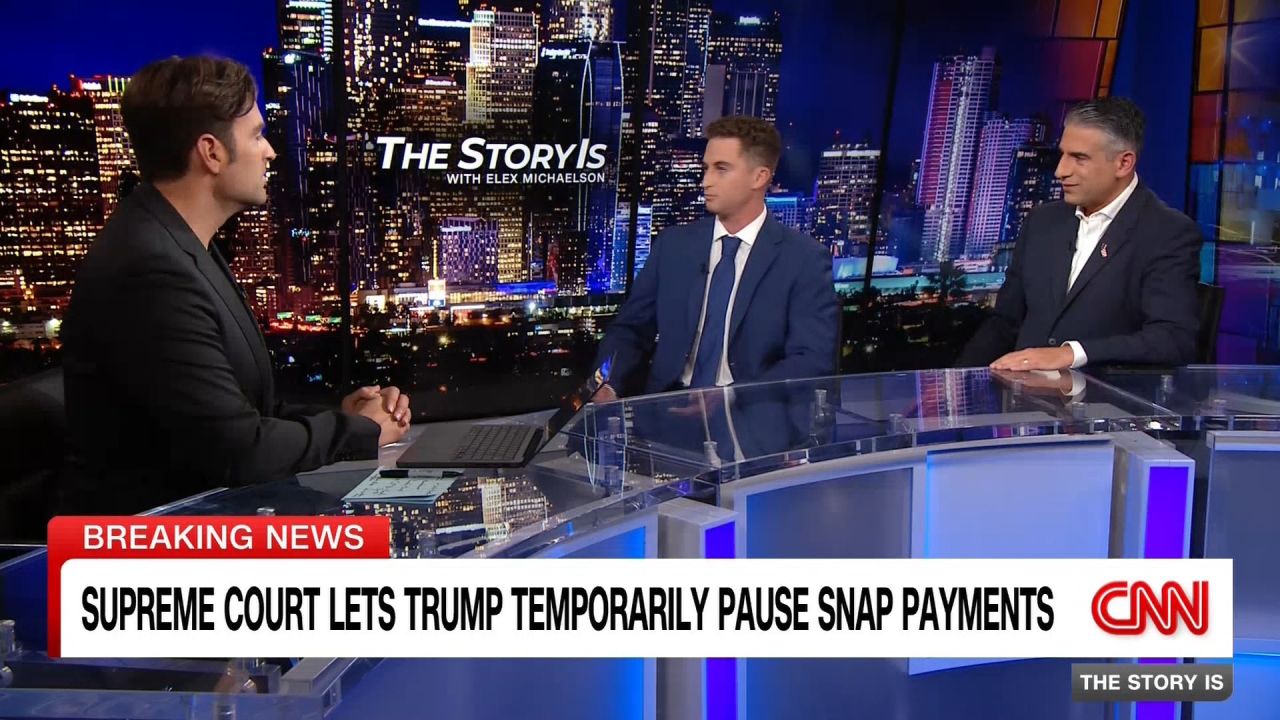Cuomo Launches Independent Bid for NYC Mayor Amid Major Challenges

UPDATE: Former New York Governor Andrew Cuomo has just announced his return to the New York City mayoral race as an Independent, following his loss in the Democratic primary to progressive candidate Zohran Mamdani. In a video statement released on July 14, Cuomo declared, “I am in it to win it,” emphasizing that only 13% of New Yorkers participated in the June primary and urging voters to focus on the upcoming general election in November.
Cuomo faces significant hurdles as he attempts to regain political traction. Experts warn that his past, marked by allegations of sexual harassment and criticism over his handling of the COVID-19 pandemic, looms large over his campaign. Just days ago, New York agreed to pay $450,000 to settle a lawsuit from Brittany Commisso, a former aide who accused Cuomo of sexual harassment. This settlement has been described by Commisso’s lawyers as “a complete vindication of her claims,” while Cuomo’s team maintains that it is merely a capitulation to avoid the truth.
Political analysts are questioning whether Cuomo has learned from his previous campaign mistakes. Boris Heersink, a political science professor at Fordham University, asserts that Cuomo must craft a new narrative to resonate with voters, focusing on key issues to differentiate himself from Mamdani, current Mayor Eric Adams, and Republican candidate Curtis Sliwa. “It’s a delicate balancing act,” Heersink noted, as Cuomo must project both an assertive and a more approachable image to win over undecided voters.
Cuomo’s re-entry into the race is particularly controversial, occurring four years after his resignation due to harassment allegations from multiple women. He has previously denied these allegations but acknowledged that his behavior made others uncomfortable. As he moves forward, Heersink emphasizes that these issues will persist, especially in a campaign where public perception is critical.
Furthermore, Cuomo is not only competing against Mamdani but also risks splitting the non-Democratic vote with Adams and Sliwa. “If the non-Mamdani vote is split, Mamdani will certainly win,” Heersink warned, highlighting the urgency for Cuomo to consolidate support among moderate and undecided voters.
Experts suggest that Cuomo must identify a compelling issue to galvanize support, akin to Mamdani’s focus on affordability and social services. Cuomo has announced that combating crime will be a cornerstone of his platform, stating, “We either stop the crime, stop the exodus, or we pivot now and start to bring the city back.” However, Adams has also made crime a central theme of his campaign, complicating Cuomo’s efforts to stand out.
Political campaign strategist Camille Rivera expressed skepticism about Cuomo’s ability to connect with voters after his previous campaign, stating that his recent attempts to engage the public could come off as disingenuous. “Not being available for people or press doesn’t work in New York City,” she noted.
As Cuomo actively campaigns, he must navigate these complex dynamics skillfully to ensure his message resonates with voters. The countdown to the general election in November is on, and the stakes are high for Cuomo in this pivotal moment of his political career.
Stay tuned for further updates as this developing story unfolds.






